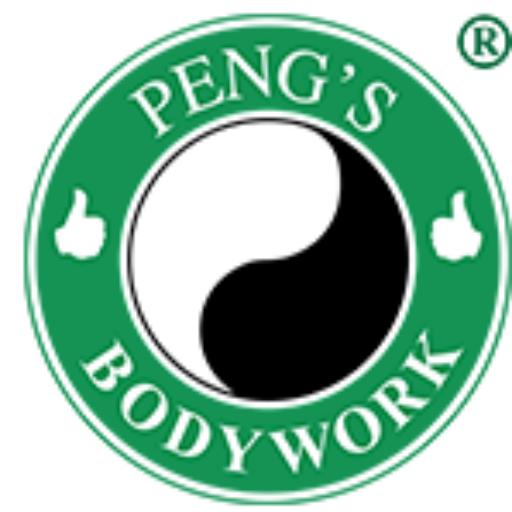Colds & Flu
Every year, millions of people become ill with the common cold and the flu, or influenza. These respiratory conditions are caused by viruses. The flu can cause much more severe illness than colds and sometimes requires hospitalization. There is currently no medical cure for a viral infection. Most treatment methods aim to keep patients more comfortable while the illness runs its course. TCM and acupuncture methods actually boost the body’s ability to defend itself from germs and viruses in addition to helping to alleviate the symptoms of colds and flu.

A strong immune system is able to fight off colds and flus, but if a person’s natural defenses are compromised, a simple cold or flu is apt to turn into something more serious, like pneumonia, bronchitis, or a sinus infection. TCM focuses on year-round prevention of these types of illness by offering herbs and treatments that help create and maintain a healthy immune system.
TCM for Cold and Flu
TCM has a history of treating illness going back thousands of years. For centuries, acupuncturists and herbalists did not charge their patients when they were sick, because it was believed to be their job to keep people healthy in the first place. The best offense has always been a good defense.
Sun Simiao, a well-known doctor of the Ming dynasty (6th Century A.D.), wrote a 30-volume encyclopedia called Prescriptions for Emergencies Worth a Thousand Pieces of Gold. This work not only described herbal formulas (although it did detail over 4000 of them), but treatments for all types of conditions, including entire volumes on the care of women and children.
Sun Simiao was practicing during a time of widespread infectious disease in China, and he developed herbal treatments for all types of illnesses, including what he would have called “blood fever.” His pioneering work is the basis for treatments we still use today for treating viruses. TCM herbal formulae not only help reduce suffering from uncomfortable symptoms; they offer proven efficacy in helping to stave off and slow down the spread of pathogens in the body. They can also help for speedier and more thorough recovery from illness.
Acupuncture and Herbal Formulas for Different Types of Cold and Flu
Typical symptoms of a cold include a runny nose, sneezing, congestion, coughing, sinus pressure, watery eyes, fatigue, muscle aches and headaches. Signs of a flu usually include fever, chills, sore throat, congestion, fatigue, muscle and body aches, runny nose, dry cough, sneezing and watery eyes. Different people react differently to viral infections. The specific combination of symptoms each individual experiences depends on his or her own constitution.
In TCM, we generally categorize the causes of illness into four types: internal factors, external factors, injuries, and exposure to toxins. External factors generally account for colds and flus. There are six sources of pathogens according to TCM:
- Wind
- Cold
- Heat
- Dampness
- Dryness
- Toxins
The external pathogens responsible for colds are seen as invasions of wind, sometimes accompanied by cold and other times, heat. Chinese herbs and TCM modalities like acupuncture, cupping and gua sha can all be utilized when a wind pathogen enters the body. Gua sha and cupping draw toxins from the muscles and the blood and bring increased blood supply to those areas; this can be useful in the event of a wind-cold invasion. Chinese herbs have antiviral and antibacterial properties that help ward off the pathogens. Some herbs induce sweating that helps expel the pathogens from the system. The other type of cold is the wind-heat invasion, which can cause fever and chills.
TCM is Preventative Medicine for Colds and Flu
Clinical studies have suggested that using acupuncture as a preventative approach to colds and flu can reduce the incidence of upper respiratory tract infection and shorten the length of the illness. Acupuncture and Chinese medicine work by rebalancing the body’s systems, regulating the body’s healing energies and enhancing the immune system.
One of the main theories supporting acupuncture and its treatment of colds and the flu is the concept of Wei Qi. Wei Q is a defensive energy, similar to the Western concept of the immune system. Wei Qi functions as a barrier, protecting and defending the body against foreign substances that cause disease. When Wei Qi is strong and abundant, we remain healthy. Stress, lack of sleep, and poor diet can have a negative impact on Wei Qi, leaving the body more susceptible to pathogens.
Acupuncture and Chinese medicine are natural and effective ways to support the body’s own healing systems. If illness does occur, acupuncture can help you get back on your feet again, helping to stave off prolonged illness without the use of medication and over-the-counter drugs.



)